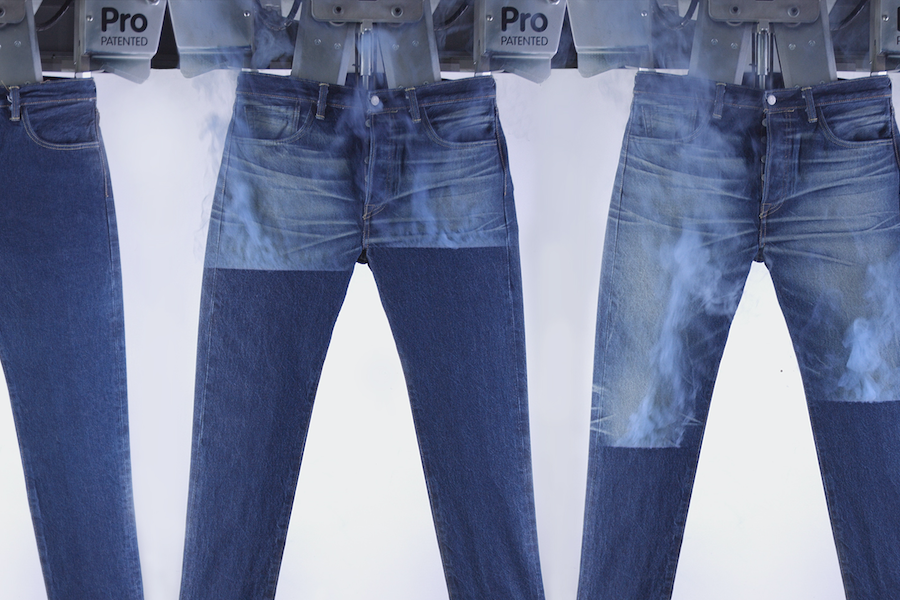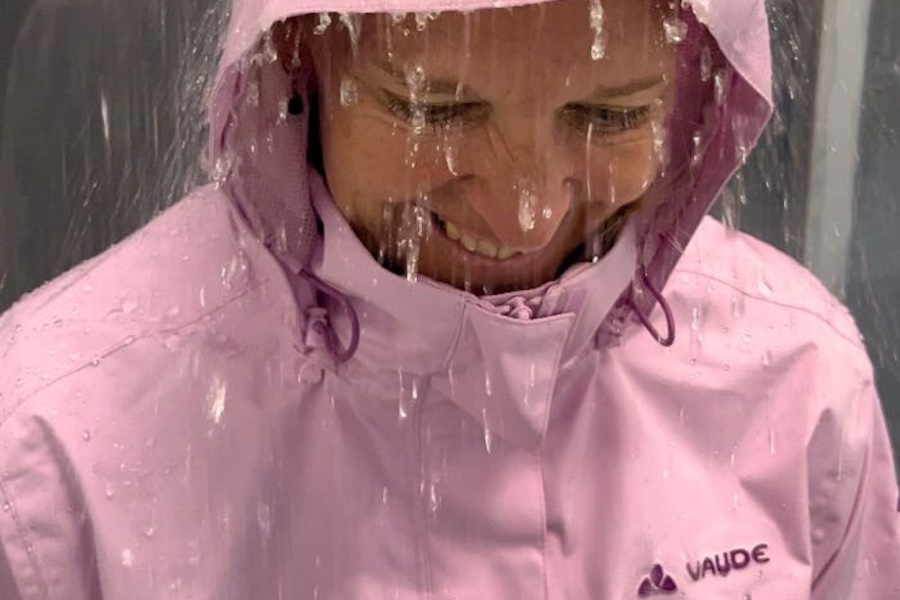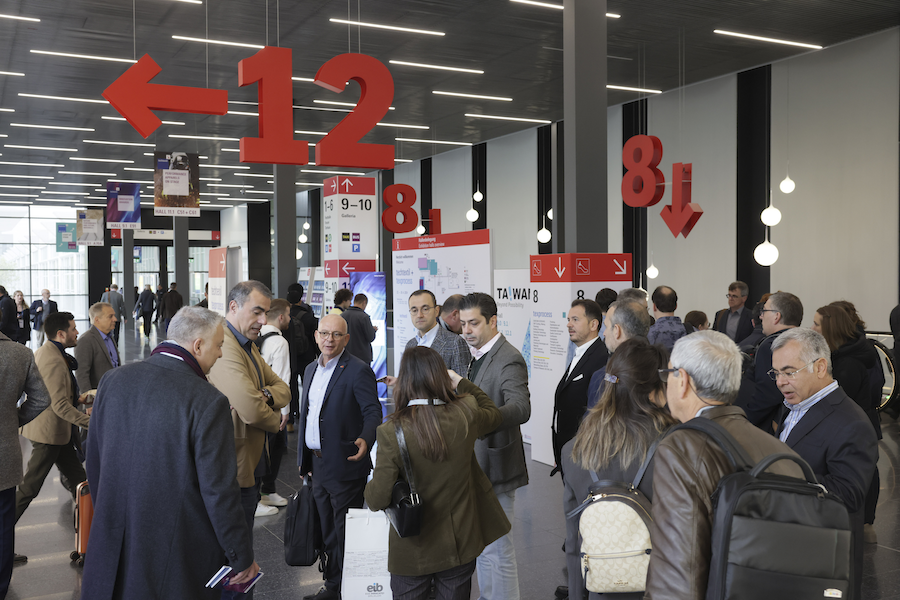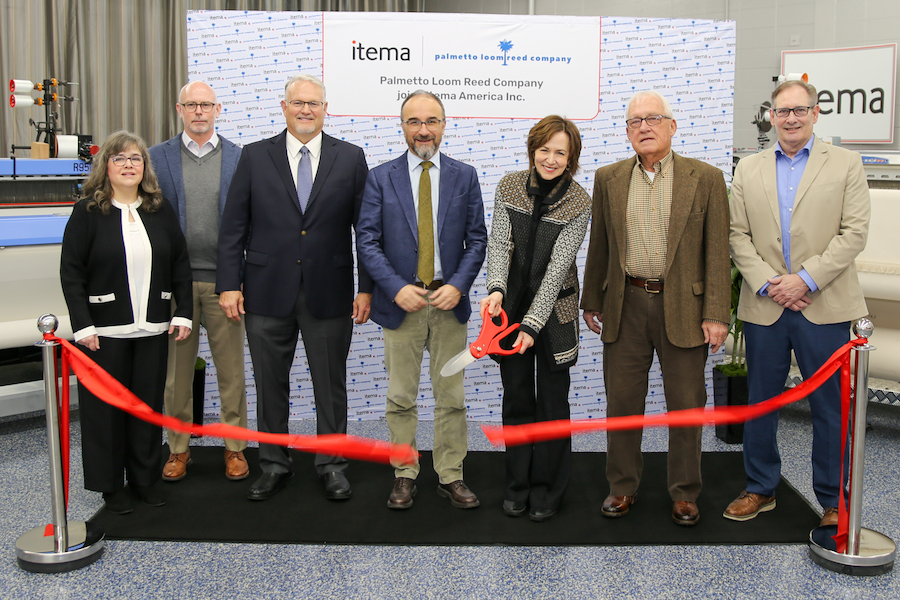#Sustainability
GOTS Version 7.0 released: Major leap forward for the sustainable all-inclusive solution for organic fibre processing
During the regular year-long revision process, international stakeholders with expertise in organic production, textile processing, textile chemistry, human rights and social criteria, as well as representatives from industry, NGOs and civil society organisations, contributed to the new Version 7.0 through multiple consultation rounds. Final decisions were made by the multistakeholder GOTS Standard Revision Committee.
GOTS Version 7.0 provides a comprehensive solution for companies who want to produce organic textiles ensuring compliance with environmental and human rights due diligence along the entire supply chain, from field to finished product. With full traceability from origin to destination, GOTS certification provides an efficient means of verifying genuine sustainability efforts. GOTS 7.0 introduces new requirements to conduct risk-based due diligence of Certified Entities’ own operations and their supply chains based on the UN Guiding Principles for Business and Human Rights and the OECD guidelines. The Social Criteria section was substantially revised to include a broader human rights-focused approach. GOTS 7.0 now allows recycled organic fibres as additional materials. Key requirements, such as certified organic fibre content, a general ban on toxic and harmful chemicals such as PFAS, conventional cotton and virgin polyester restrictions, and social compliance management, are maintained in GOTS Version 7.0.
“GOTS Version 7.0 represents a major leap forward for processing organic textiles” says Rahul Bhajekar, GOTS Managing Co-Director, and adds, “The new revision process was the most inclusive in GOTS history, with over 600 inputs received during two public consultation periods. Version 7.0 offers solutions for creating truly responsible supply chains, setting a benchmark for the textile industry. I am proud of the progress made that will advance sustainable textile processing practices worldwide.”
- Standard Version 7.0 can be downloaded on the GOTS website. Some of the changes in Version 7.0 include:
- GOTS and the Manual for the Implementation of GOTS were restructured, and sections were grouped to reflect the standard’s scope.
- New due diligence criteria ensures that Certified Entities address their actual and potential negative impacts on human rights and the environment.
- GOTS Environmental Criteria, Product Stewardship, and Environmental Health and Safety (EHS) requirements will also apply to the subcontractors of chemical formulators.
- Criteria for the incoming organic material have been made stricter.
- Quinoline is included among the prohibited substances and some existing restrictions have been made tighter such as of “aniline, free”, residue limit is decreased to 20 mg/kg from 100 mk/kg.
- GOTS 7.0 reduces the permissible quantity of recycled synthetic (polymer) fibres in its certified products, taking into account the disadvantages associated with recycled synthetics, such as microplastics and poor quality.
- In the pursuit of circularity, GOTS will allow use of recycled GOTS Goods waste as an additional fibre in its certified products.
- GOTS Human Rights and Social Criteria will now require Certified Entities to respect internationally recognised human rights protocols, including the International Bill of Human Rights and other international human rights treaties.
- Criteria concerning Discrimination, Violence and Harassment were revised to make them more comprehensive and include the International Labour Organisation (ILO) Violence and Harassment Convention (C190).
- Certified Entities are now required to develop a plan to cover the living wage gap.
- GOTS Occupational Health and Safety criteria were revised to consider best international practices and recommendations from the ILO.
After the transition period GOTS Version 7.0 will be fully effective as of 1 March 2024.
















